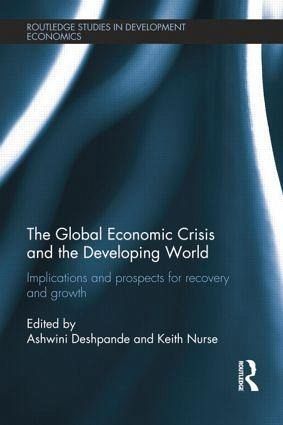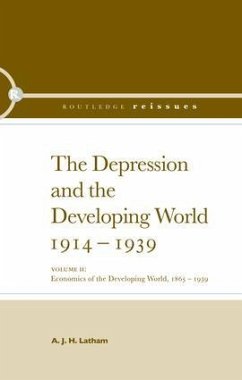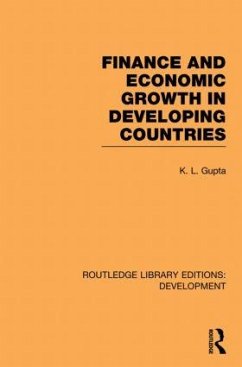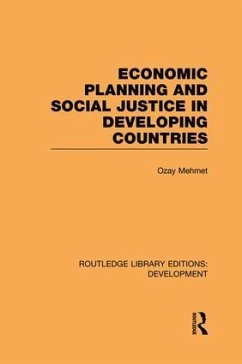
The Global Economic Crisis and the Developing World
Implications and Prospects for Recovery and Growth
Herausgeber: Deshpande, Ashwini; Nurse, Keith
Versandkostenfrei!
Versandfertig in 1-2 Wochen
37,99 €
inkl. MwSt.

PAYBACK Punkte
19 °P sammeln!
The world economy is currently in the throes of a global economic crisis reminiscent of the great depressions of the 1930s and the 1870s. As back then, the crisis has exposed the major structural imbalances in financial and credit markets in addition to global trade forcing many governments, developed and developing, to impose debilitating austerity measures that are exacerbating the structural weaknesses that caused the crisis in the first place. This volume offers historical insights into the origins of the contemporary crisis as well as detailed analyses of the financial and trade dimension...
The world economy is currently in the throes of a global economic crisis reminiscent of the great depressions of the 1930s and the 1870s. As back then, the crisis has exposed the major structural imbalances in financial and credit markets in addition to global trade forcing many governments, developed and developing, to impose debilitating austerity measures that are exacerbating the structural weaknesses that caused the crisis in the first place. This volume offers historical insights into the origins of the contemporary crisis as well as detailed analyses of the financial and trade dimensions, an assessment of the technological and innovation context along with perspectives on the implications for unemployment and gender imbalances.














